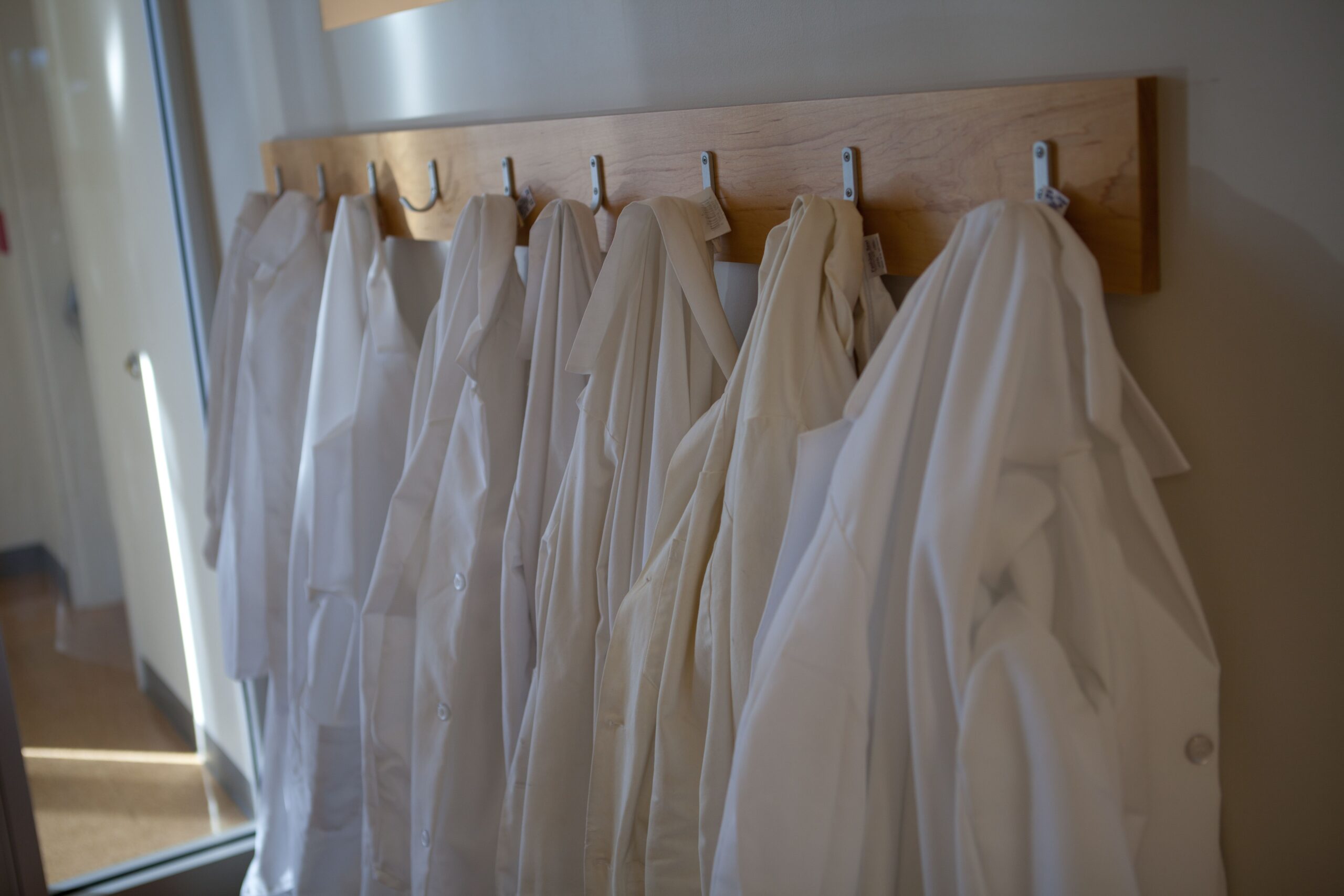
Meet an IGI Scientist: Lin Du
This series introduces the public and fellow researchers to our talented scientists. We interview different IGI members to find out who they are and what makes them passionate about science.
Lin Du is a postdoctoral research in Department of Electrical Engineering and Computer Sciences at the UC Berkeley and a 2022 HS Chau Women In Enterprising Science Program Fellow. She studies biosensor arrays for disease detection. To come to our February 2023 WIES Program open house and learn how to apply, RSVP here.
WHERE ARE YOU FROM?
I was born in Hebei Province in northern China. When I was seven, I moved to Guangzhou, which is the southern part of China, with my parents. Living in different places helped me to get familiar with the culture in both areas, and speak both Mandarin and Cantonese. Then, I went to Beijing for my undergrad, and then moved to Philadelphia for my PhD at the University of Pennsylvania.
WHY DID YOU BECOME A SCIENTIST?
Both of my parents are mechanical engineers. One day, when I was in middle school, the air conditioner in my home was not working and my father said, “Oh, I can try to fix this,” because his team actually developed the air conditioner that was used in our home! I saw that you can work on something that could be in everybody’s life – that’s a product that you can be proud of. So I was really encouraged by that and it inspired me to become a scientist studying mechanical and electrical engineering.
During my Ph.D., I got exposed to biomedical device development. I worked on a device that was meant to help paralyzed people to regain tactile sensing and live a better life. That is truly meaningful to me and I’ve been dedicated to biomedical applications since then.
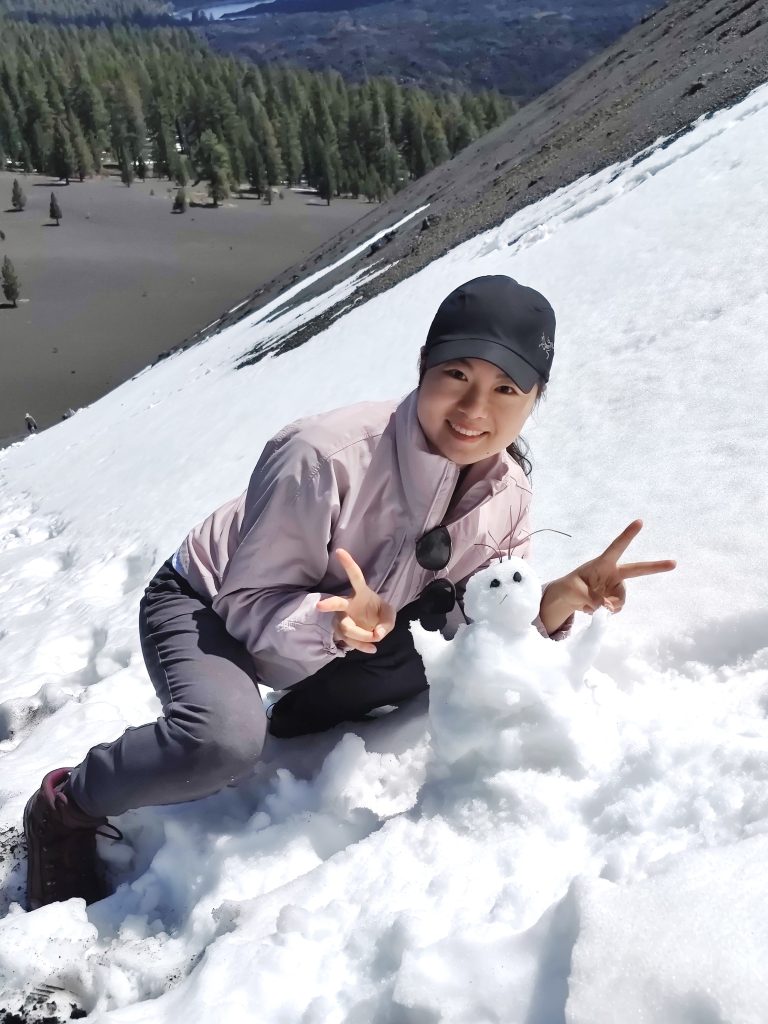
What project are you working on as a WIES fellow here at the IGI?
I am working on a biosensor for virus detection. Rapid diagnosis is crucial to save lives because it allows health care workers to intervene and provide treatments early in an infection.
My background is in semiconductor manufacturing. When I began my postdoc, I started to learn synthetic DNA nanotechnology. My project combines the two, top-down lithography fabrication and bottom-up DNA self-assembling manufacture, to make a device that can detect multiple viruses.
How is the fellowship going so far?
It’s very different from my previous experiences. I am interested in real-world applications, but without the entrepreneurship program, I might not have started to really work on starting a company at this stage. But with this opportunity, and so many people from IGI that are helping us to learn, it’s becoming a real possibility. I’ve been learning about patents and how to file them, about VCs and investors, about experience from other entrepreneurs when starting companies, as well as scientific and business suggestions from mentors. I have conversations with doctors, lawyers, investors, and other entrepreneurs, etc. I never knew before that there are so many resources for entrepreneurs at Berkeley. I have such a strong feeling that so many people are helping me and supporting me! I’m grateful for this program and the opportunity.
WHAT DO YOU LIKE TO DO BESIDES RESEARCH?
I like hiking, swimming, and travel, to be somewhere that’s close to the water. Right now I’m living in Alameda and the Bay is just a few minutes outside my apartment. Looking out over the water in Alameda is enjoyable.
DO YOU HAVE A FUNNY MEMORY ABOUT WORKING IN THE LAB?
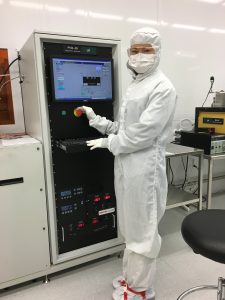
When I started my PhD program, I worked often in a cleanroom. One day, I was using a sputter tool for titanium and copper deposition. Somehow an error window popped up and I didn’t know how to deal with it. So I called a staff member to come and help. After the staff member came to the tool, he asked me to stop the process first. So I just hit the ‘Emergency Stop’ button under his attention. Suddenly he yelled ‘no!’. I should just click the ‘abort’ button on the window, instead of pushing the Emergency Stop. Then he went to the backside of the equipment to resume the tool.
A lot of times, when we got training for the tools, we learned how to use the tool correctly. However, we were not told how to figure it out when there is an error that the tool doesn’t follow everything perfectly, which is why it is important to build up the experience.
WHAT WOULD YOU DO IF YOU WEREN’T A SCIENTIST?
I like singing. If I hadn’t become an engineer and a scientist, I wanted to become a singer.
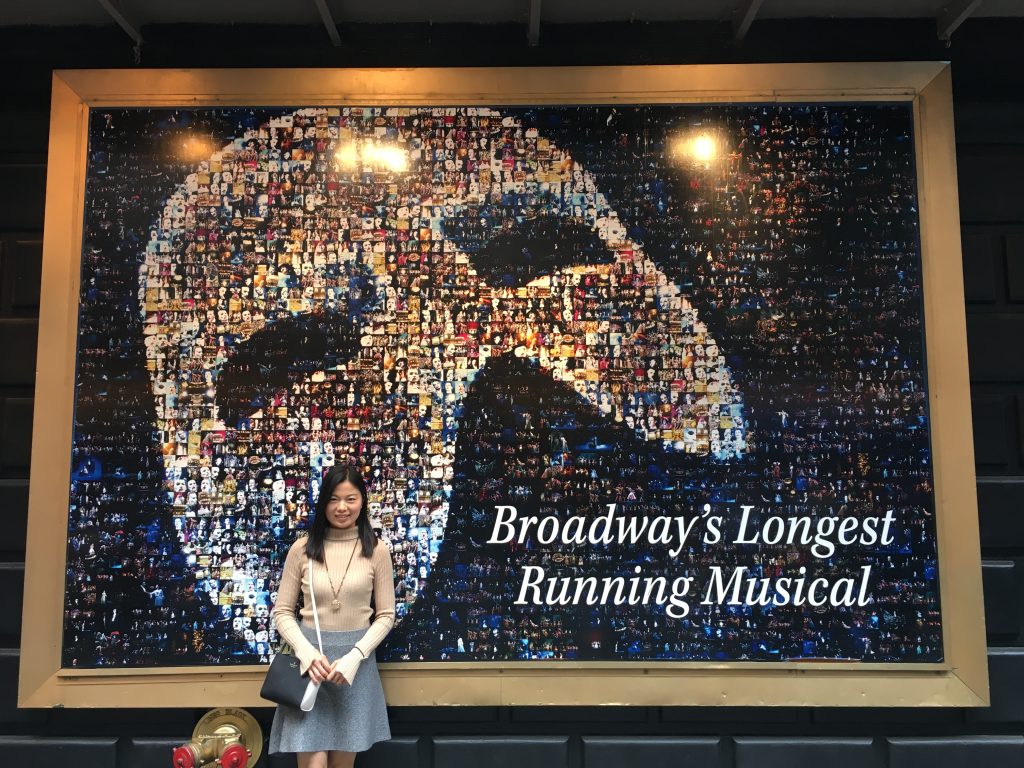
WHAT MOTIVATES YOU?
When I was working on the implantable sensor for the paralyzed people, we collaborated closely with the doctors. They would bring me to the hospital, talk with the patients, and learn about their needs. Actually meeting the people who need our technique motivated me to work really hard to help them.
You may also be interested in
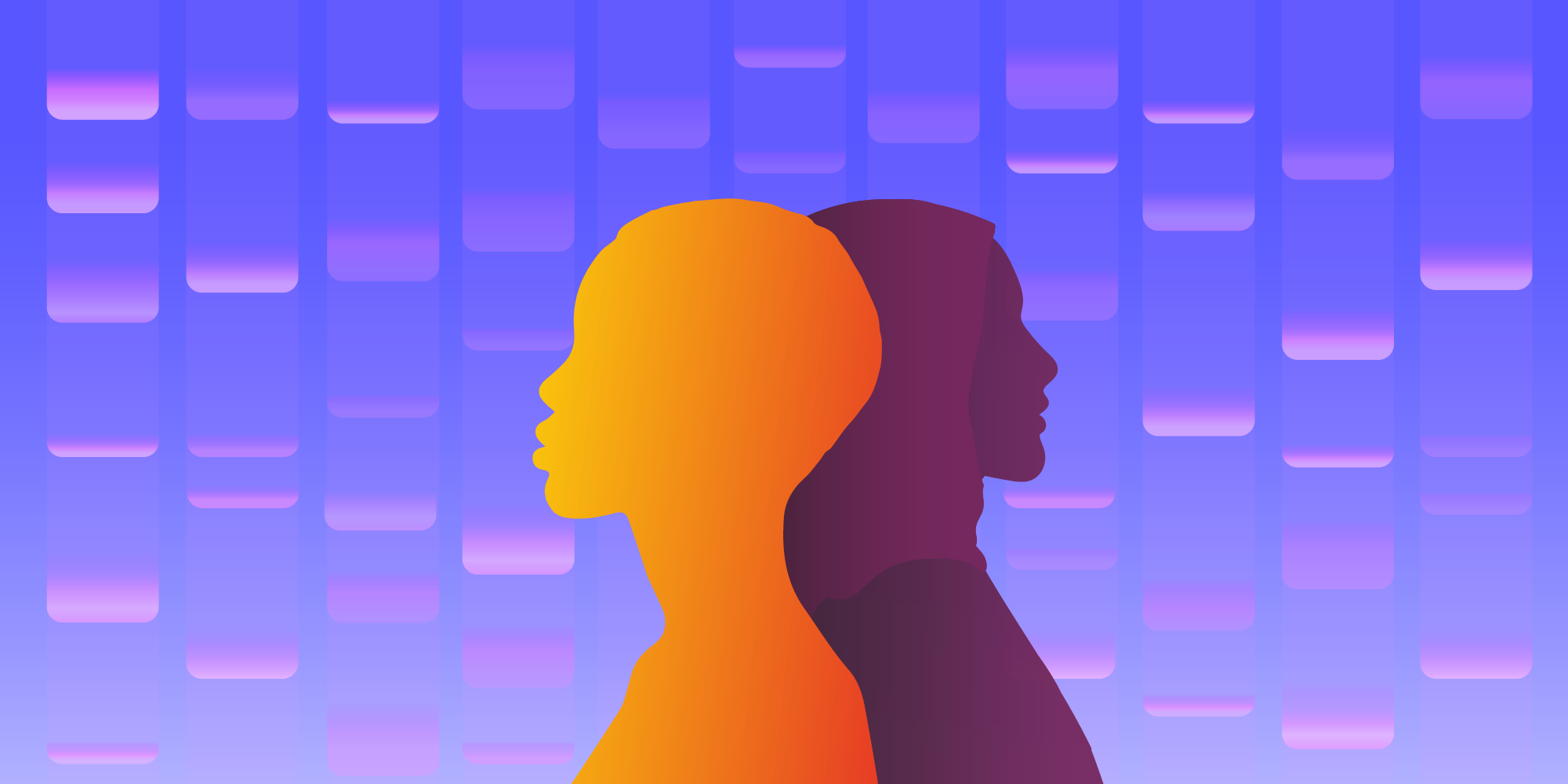
Inaugural Cohort of Fellows Selected for HS Chau Women in Enterprising Science Program

Meet an IGI Scientist: Navneet Matharu

Meet an IGI Scientist: Jenny Hamilton
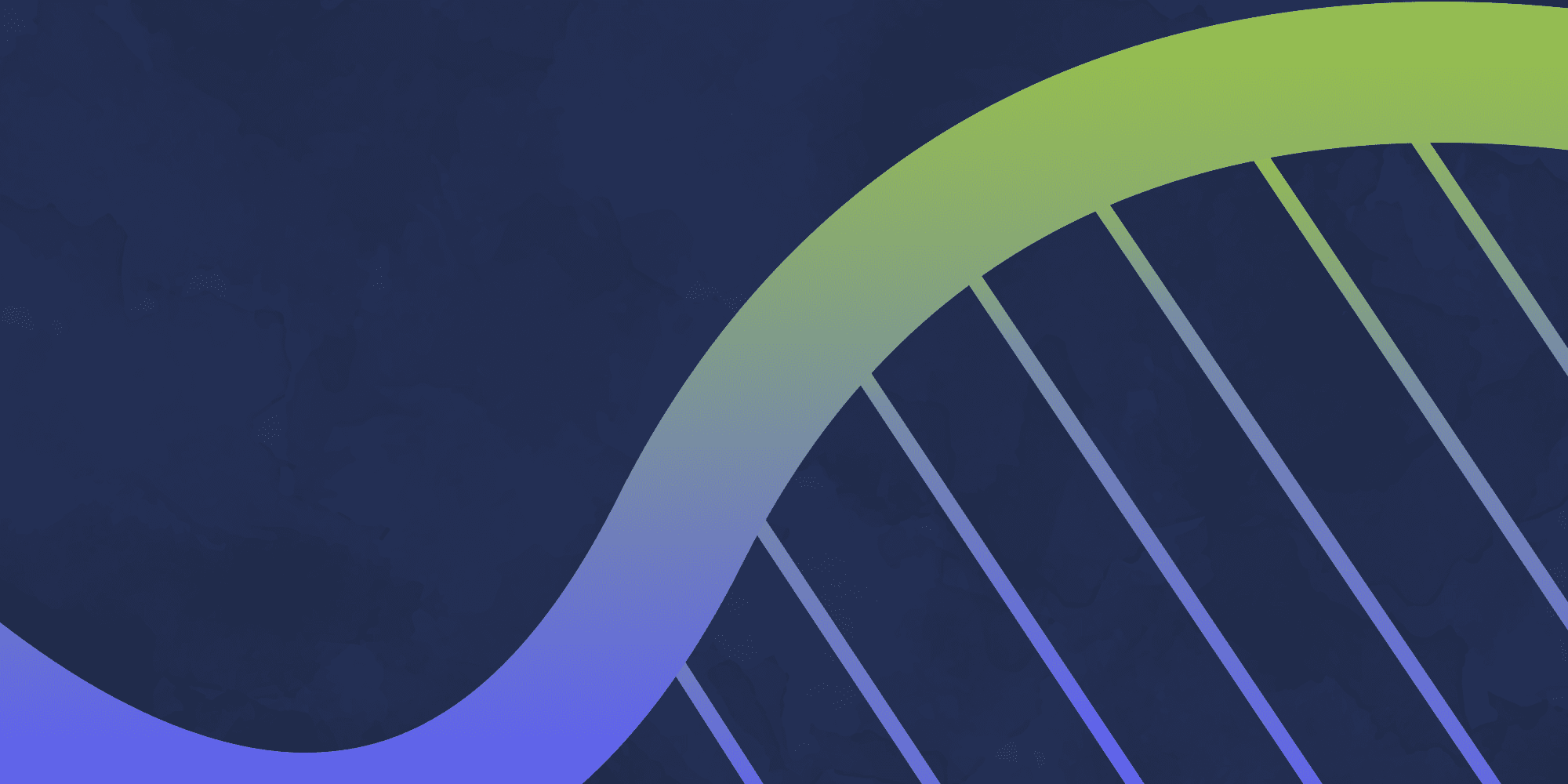
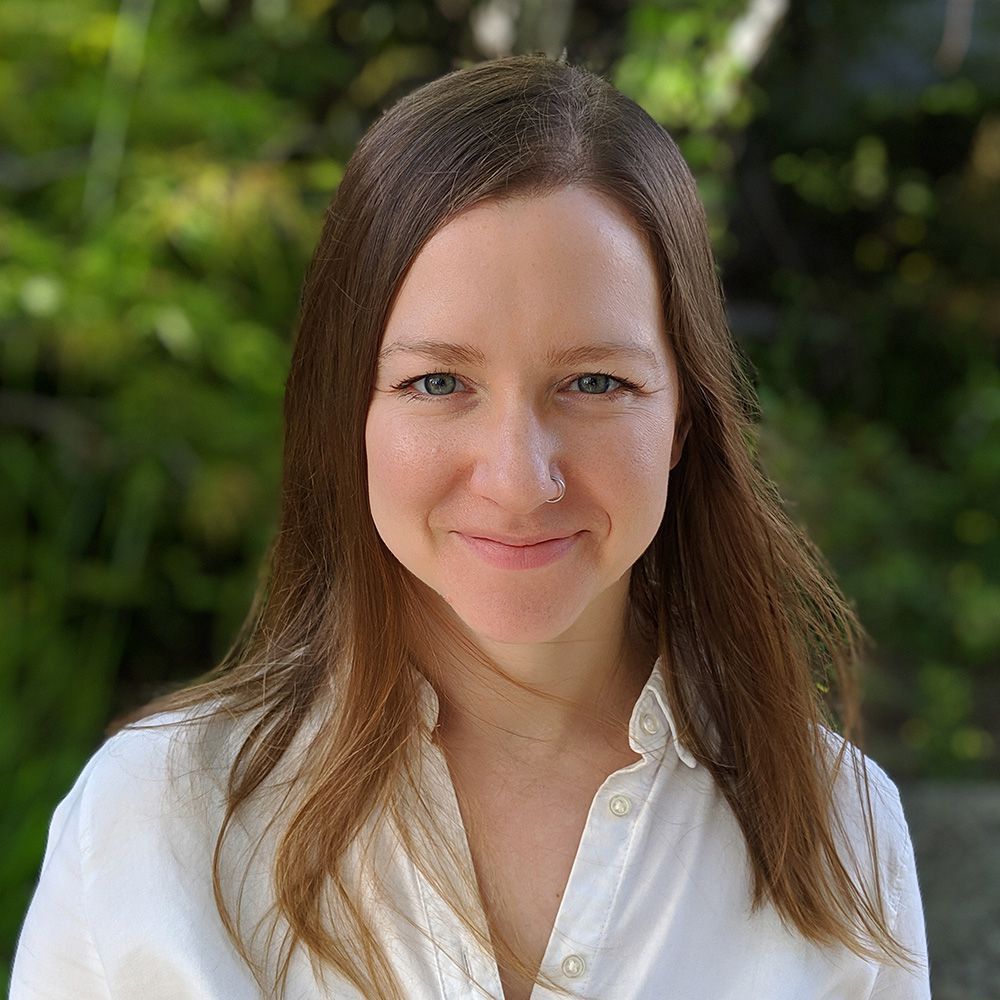 By
Hope Henderson
By
Hope Henderson